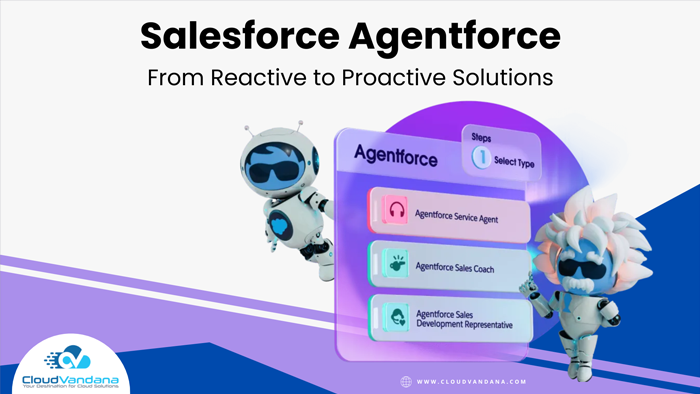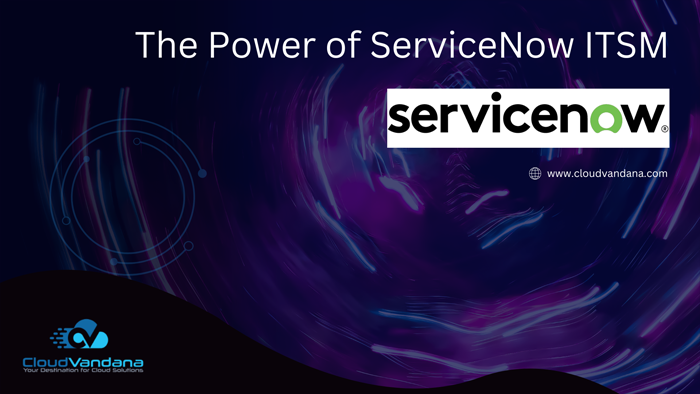Robotic process automation is a form of business process automation technology based on metaphorical software robots, artificial intelligence, or digital workers. Therefore, it is sometimes referred to as software robotics.
Today, CloudVandana will discuss five key factors for robotic process automation development.
Robotic process automation(RPA) is an application of technology governed by business logic and structured inputs to automate business processes. These tools can configure the software to capture and interpret applications for processing transactions, manipulating data, triggering responses, and communicating with other digital systems.
Let’s discuss the key factors for a successful Robotic Process Automation
1. Checking The Process Maturity
All processes are not perfect for this automation process. It produces the best ROI when implemented as labor-intensive, repetitive, rule-based, and has a limited number of process exceptions.
It is a considerable choice for defined, mature, repetitive, and data-heavy processes.
To achieve the best result, ensure the process automation business case and target ROIs are properly lined before performing the process maturity and RPA readiness assessment. These two processes provide a vetted list of these processes. In addition, the assessment can also identify a second set of potential processes, where small process redesign or standardization is needed before being automated.
It helps organizations eliminate redundancies before implementing this automation while ensuring higher efficiency of implemented robots along with different numbers of exceptions and potential errors.
This lets organizations eliminate several redundancies before implementing RPA while ensuring greater efficiency of implemented robots along with different numbers of exceptions and potential errors.
So, it is advisable to start by automating the most accessible processes after the successful implementation.
2. Selecting The Suitable Software
There is various automation software available in the market. So please choose the best one as it is the automation platform where processes can be created. A suitable software would create more efficient processes with minimum human interactions and stability for rolling process automation enterprise-wide.
3. RPA Technology Compatibility
When choosing an RPA technology partner, software compatibility should be checked with the organization’s system.
The IT requirements review should include technical support, security, and data standards, maintenance, hardware, and software requirements, implementation costs, and licensing fees.
It is user-friendly and intuitive. So, professionals with less IT experience can easily configure and monitor this technology.
In addition, all advanced process automation technology providers have a control room feature that helps organizations to schedule and monitor robot activities.
4. Outlining Project Management
Project management is essential for successful implementation. So the first step is to create a project management team and define the governance structure for RPA. So, the team should include the key personnel from the relevant business units and IT and project management professionals.
The next step determines the goals of this program. It minimizes person-hours and costs or improves the efficiency or quality of work. It establishes the rating process used in the maturity process and readiness assessment. When the team and program goals are established, it is easy to develop a process automation implementation plan.
5. Hire RPA Developers
Most organizations do not consider hiring a dedicated team of RPA developers for a successful process. But hiring experienced RPA developers is essential for enhancing the process.
So, before choosing the right team, organizations should consider a few points.
- The experts should have a proper understanding of the industry and process areas. Sometimes it sounds simple, but most of the time, they face various challenges. So they should be experienced and skilled.
- The consultants should understand the business, processes, and information systems.
- Organizations should hire the team based on the size and requirements of the clients. In addition, they should ensure that they can address the deliverable challenges within the timeline.
Are you looking for skilled remote developers to enhance your organizational requirements? CloudVandana, a reputed Staff Augmentation firm, has a considerable pool of skilled and experienced remote developers from which organizations can select the best team based on their requirements. Schedule a call with us today, and share your requirements.










